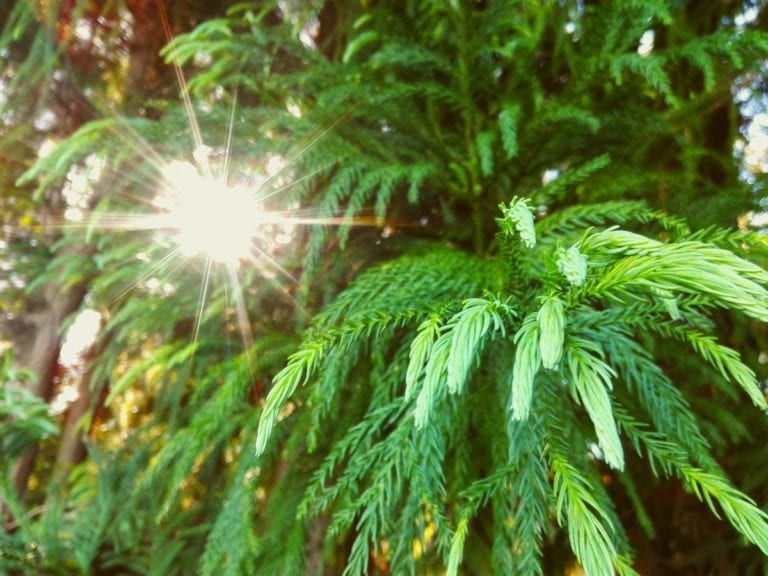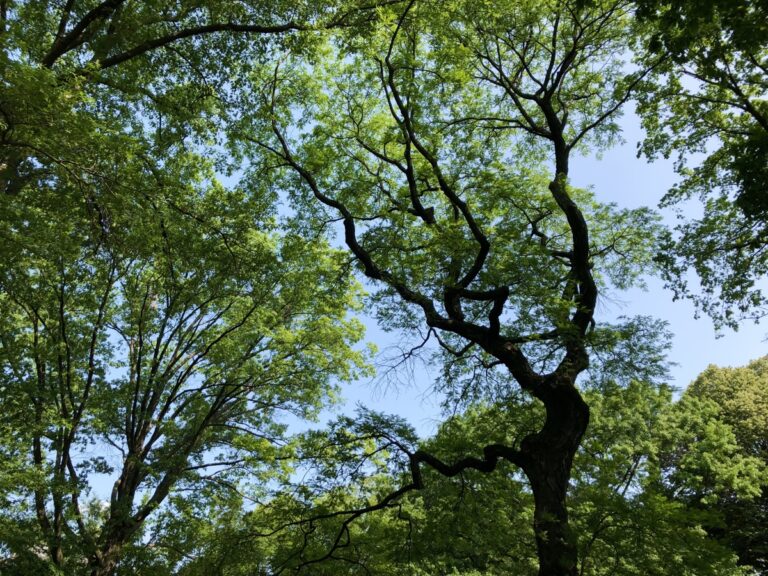May 2018 Audio Meditation
Here’s the YouTube version of the audio meditation with images:
Meditations, experiments, books and guided meditations to assist with nourishing spirituality, healing childhood wounds, and living more consciously.
Meditations, experiments, books and guided meditations to assist with nourishing spirituality, healing childhood wounds, and living more consciously.

Here’s the YouTube version of the audio meditation with images:

Several times in the last week, I’ve run across postings in classes I’m taking, as well as postings on Facebook, that speak to something that offers what, for me, is a source of support during these challenging and distressing times. Unfortunately, at the moment, my brain won’t give me the names of the people or places where I’ve run across these postings, so I’ll share some general ideas about what has touched me along the way.
I’ve written before about the importance of not going into collapse in the presence of what seem to be overwhelming circumstances. One of the ways to avoid collapse is to feel able to act in ways that meet, ameliorate, or change what causes suffering to our brothers and sisters of every species all around the planet, and to the planet itself. Read More “720th Week: Small Acts Matter”

I find myself continually returning to a commitment to express kindness as I move through each day. In a world filled with contention and disasters, it can be hard to remember to stand on a foundation of kindness rather than a foundation of fear or upset. There are a couple of concepts in psychology related to the developing understanding of what is called “memory reconsolidation”, which is how our brain adds new information to old learning. Drawn from the teachings of Juliane Taylor Shore, our experiences generate the “psychological floor we stand on” and the quality and tone of our “emotional knowing,” which I think of as a filter through which we understand self and the world. While I’m not going to go into these dynamics here, I want to draw on the idea of the “psychological floor we stand on” and our “emotional knowing” as we think about kindness and how we express it in our world.
In the psychological sense, these dynamics are unconscious and automatic. For the purposes of this week’s practice in conscious living, I’d like to propose that if we consciously hold the intention to stand on a “psychological floor of kindness” and hold the intention that we will look at the world through a filter of kindness, our everyday actions and states of mind would more naturally orient toward experiences and expressions of qualities of kindness.
When you imagine internally standing on a psychological floor of kindness, what comes into your awareness and experience? Are there images that arise? What physical sensations do you experience when you imagine standing on this “floor” of awareness? Spend a few minutes simply resonating with the quality of kindness and notice what else comes into your experience.
When you imagine viewing and interpreting the world through a filter characterized by kindness, what kinds of thoughts and emotions arise in you? Do mixed feelings arise, as well? How do your thoughts and feelings register in your body? Do you find yourself more settled, your heart more open or do you find yourself pulling back from what you experience?
Read More “913th Week: Returning to Kindness”
One of the things that most of us find challenging is to manage uncertainty. It’s a natural response to be uncomfortable with not knowing what’s going to happen next or where we are headed, individually and collectively. For some people, finding conspiracy theories offers an experience of “knowing what’s going on” that calms the discomfort most of us feel around uncertainly. For others, anxiety becomes a constant companion and they have difficulty truly soothing themselves. For yet others, becoming numb and shutting down is their natural response to constant and mounting uncertainty.
Also, I want to affirm that having a response to uncertainty is certainly normal and not necessarily something that needs the kind of process I’ll describe below, so please be gentle with yourself when circumstances elicit discomfort and anxiety about the future.
As I’ve been thinking about how we can expand our capacity to be uncomfortable and find some degree of equanimity, I found myself thinking about a concept I have taught for many years—a process of uncoupling trauma-based associations, called over-couplings in the Somatic Experiencing® world. Let me define these terms as I did when teaching SE.
Trauma over-couplings are associations that become “glued together” during times of overwhelm or distress. These are individual elements of experience or learnings that actually don’t belong together. One common trauma-based, attachment-oriented over-coupling is: If I do what I want, they (whoever “they” might be) won’t love me. Those two things don’t really belong together and especially so in adult life. Another common trauma-based over-coupling is: Unless I know what’s going on, I won’t be safe. The problem with trauma-based over-couplings is that they predict something that may not, or probably won’t, happen. They often arise from childhood experiences where we were not only ill equipped to have options available to us but when we also weren’t mature enough to understand what was happening.
I’d like to offer one way to deal with these trauma-based over-couplings. I called it “therapeutic dissociation” in my book, Getting Through the Day, but it’s actually a form of uncoupling adult awareness and options from those arising from earlier overwhelming experience.
Read More “812th Week: Managing Uncertainty”
As I write this, I’m sitting in the Admiral’s Club of American Airlines, waiting for a flight to California. I’m flying business class today, on miles, and I’m struck by the difference between the experience I’m having right now—complimentary coffee and food and a comfortable place to sit—compared to what it’s like when I fly economy. What this brings into my awareness is how easy it could be to overlook the quality of life being lived by people who don’t have the economic privilege I do. I find myself wondering how I would cultivate a deepened empathic awareness of people in need if my everyday life were regularly as generous and comfortable as the situation I’m in at the moment.
I remember reading some recent research that suggested that the more money people have the lower their scores on tests of empathy. Sitting here this morning, I can understand how that could happen. So, the question I have deals with any and all areas of privilege, be that economic privilege, racial privilege, gender privilege, ethnic privilege, religious privilege, or any other kind of privilege that comes automatically to certain classes of people. How do we expand our awareness to include those who don’t have access to whatever kinds of privilege we may take for granted and not even recognize as privilege? Read More “713th Week: Cultivating Empathy”